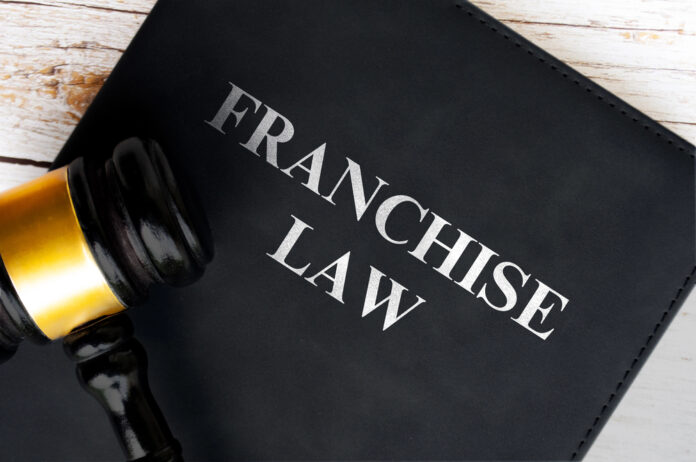Has the thought of owning a business crossed your mind? Today, there are many ways to tap into the entrepreneurial industry. Franchising is among the most popular possibilities. It allows you to tap into established brands and business models. You essentially avoid all the hurdles and complexities of starting a business from scratch and benefit from the safety net of support and brand recognition.
If this sounds like a viable business plan, you have two options: active and passive franchising. Understanding the difference between these options can be tricky. That’s why you are better off working with a trusted lawyer, like franchise attorney Jason W. Power, who can explain what active and passive franchising mean and recommend the best route based on your business goals.
What Is Active Franchise Investing?
Active franchise investing means rolling up your sleeves and getting into the daily operations of the business. You get to fund and run the company. Depending on the kind of entity, it’s possible to help with staff hiring and training, inventory, and more. The biggest advantage of active franchising is control. You make the day-to-day decisions that can directly impact the success of the enterprise. So, if you are good at management and business, then there’s potential for higher returns. But there’s a catch: you need to commit your time and attention. Often, issues with the company will affect you directly, both mentally and financially.
What Is Passive Franchise Investing?
Passive franchise investing adopts a hands-off approach. Your role is to fund the company without getting into its daily operations. You can either invest in franchise-related funds or shares in franchising companies or use platforms that pool investments into a portfolio of franchises. This strategy is appealing because the time and effort required is minimal and the risk is spread.
How a Franchise Lawyer Can Help
A franchise lawyer guides both active and passive investors through the process of investing in a franchise. For an active franchise investor, the lawyer will review franchise agreements in detail and help you understand the terms. Their eye for detail will weed out any potential problems that may arise in the future.
For passive investors, a franchise lawyer can review investment platforms or funds to ensure they comply with securities regulations. They’ll be able to see details that you may overlook, ultimately protecting your interests.
Which One Is Right for You?
Deciding between active and passive franchise investing depends on several personal factors. What are your financial goals? Are you looking for higher returns through active management, or are you satisfied with steady, possibly lower returns from passive investments? How much time and resources can you commit? Risk tolerance is another important factor. Active investing may offer higher returns but comes with more risk and responsibility. Passive investing spreads the risk but offers less control of outcomes.
Talking to a franchise lawyer can help you assess these factors. They will give you tailored advice to help you choose a path that aligns with your goals.
Conclusion
When it comes to investing in a franchise, understanding the difference between active and passive options is essential to making an informed decision. Active franchising offers more control and the potential for higher returns, but it requires a significant investment of time, energy, and responsibility. This path may be ideal for individuals with management experience who are prepared to oversee daily operations and overcome the challenges that come with running a business.
On the other hand, passive franchising appeals to those who prefer a more hands-off approach, allowing them to fund the business without the stress of managing its day-to-day functions. Though it involves less control, passive investing can offer steady returns with lower risk and effort. Regardless of the route you choose, consulting a franchise lawyer is crucial. They provide invaluable support by reviewing agreements and investments, ensuring your interests are safeguarded, and helping you make the best choice based on your goals, financial situation, and risk tolerance.
Find a Home-Based Business to Start-Up >>> Hundreds of Business Listings.















































